-
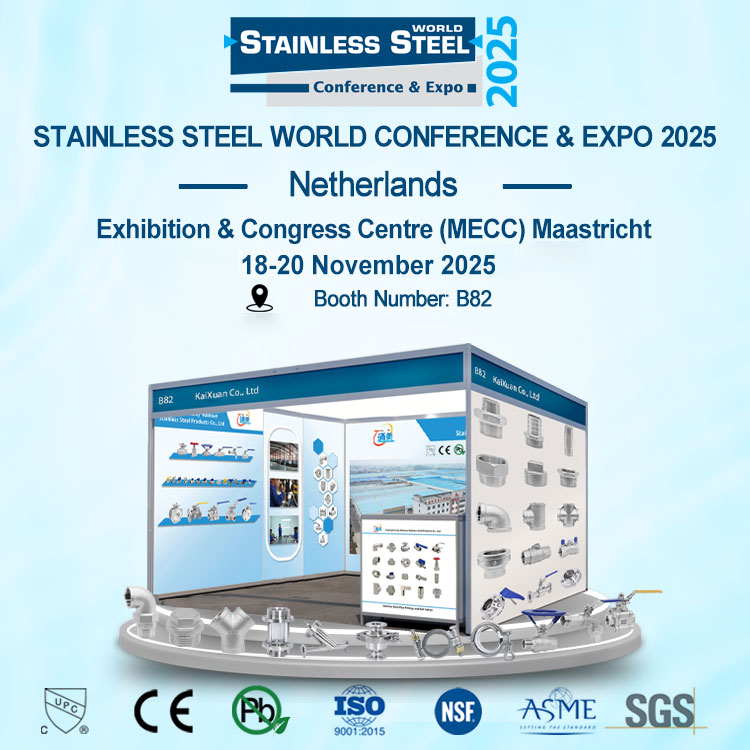
We welcome global clients to discuss cooperation. We sincerely invite industry partners, distributors, engineering contractors, and system integrators from Europe and around the world to visit our booth and conference center (Maastricht, Netherlands) from November 18th to 20th, 2025, booth number...Read more »
-
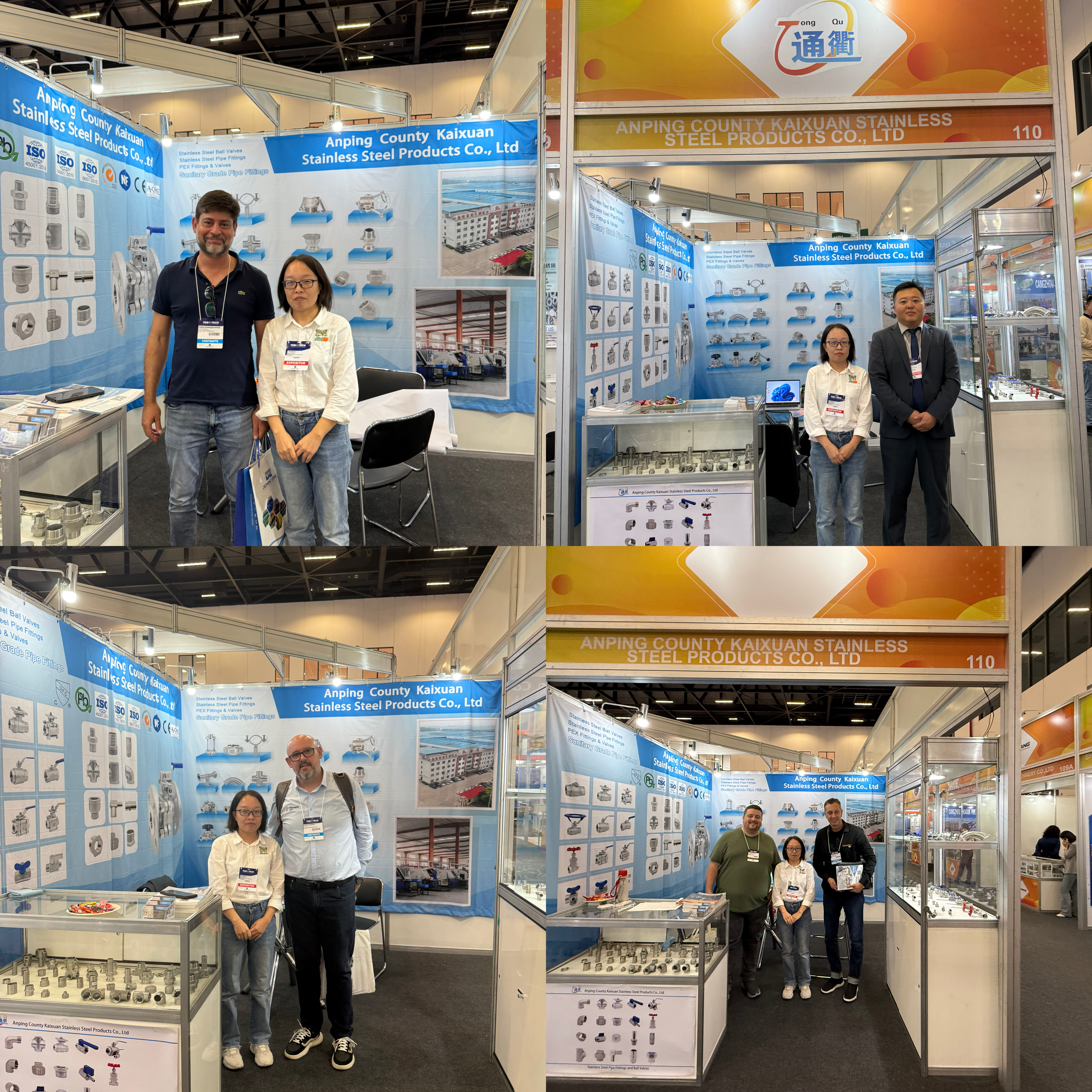
The 2025 Brazil International Pipe & Wire Exhibition has successfully concluded.Successfully established Triumph Company’s office in Brazil!! At this exhibition, Anping Triumph not only showcased its popular stainless steel pipe fittings, ball valves, and PEX products, but also intro...Read more »
-
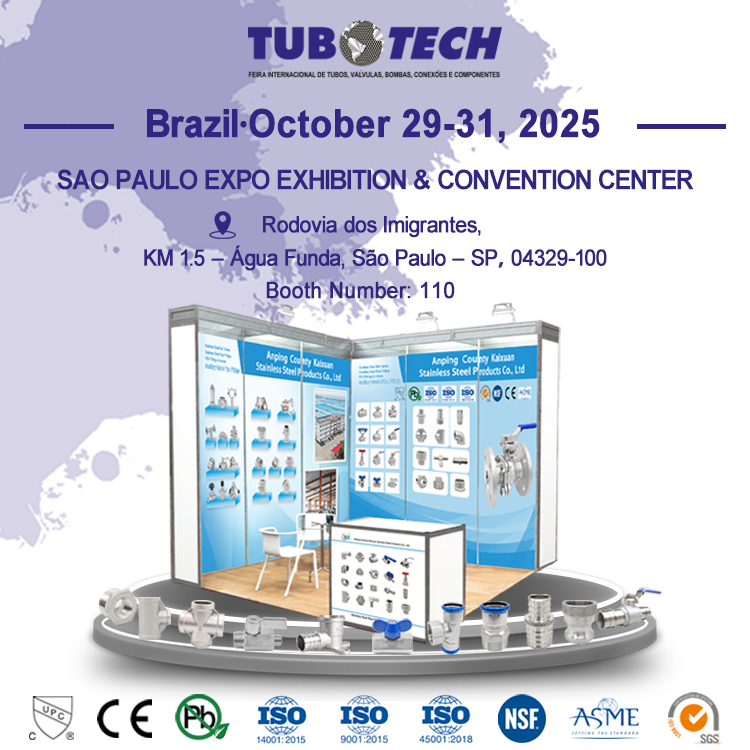
Dear Industry Professionals and Partners, We are excited to invite you to visit our booth (Booth Number: 110) at the São Paulo Expo Exhibition & Convention Center from October 29 to 31, 2025. Explore our innovative range of stainless steel pipe fittings and valves, and discover opportunities...Read more »
-

In today’s global marketplace, a reliable supply chain is the backbone of any successful project. For international buyers sourcing industrial components like valves, concerns about delivery delays and complex logistics from China to the USA and Europe are paramount. A late shipment can ha...Read more »
-
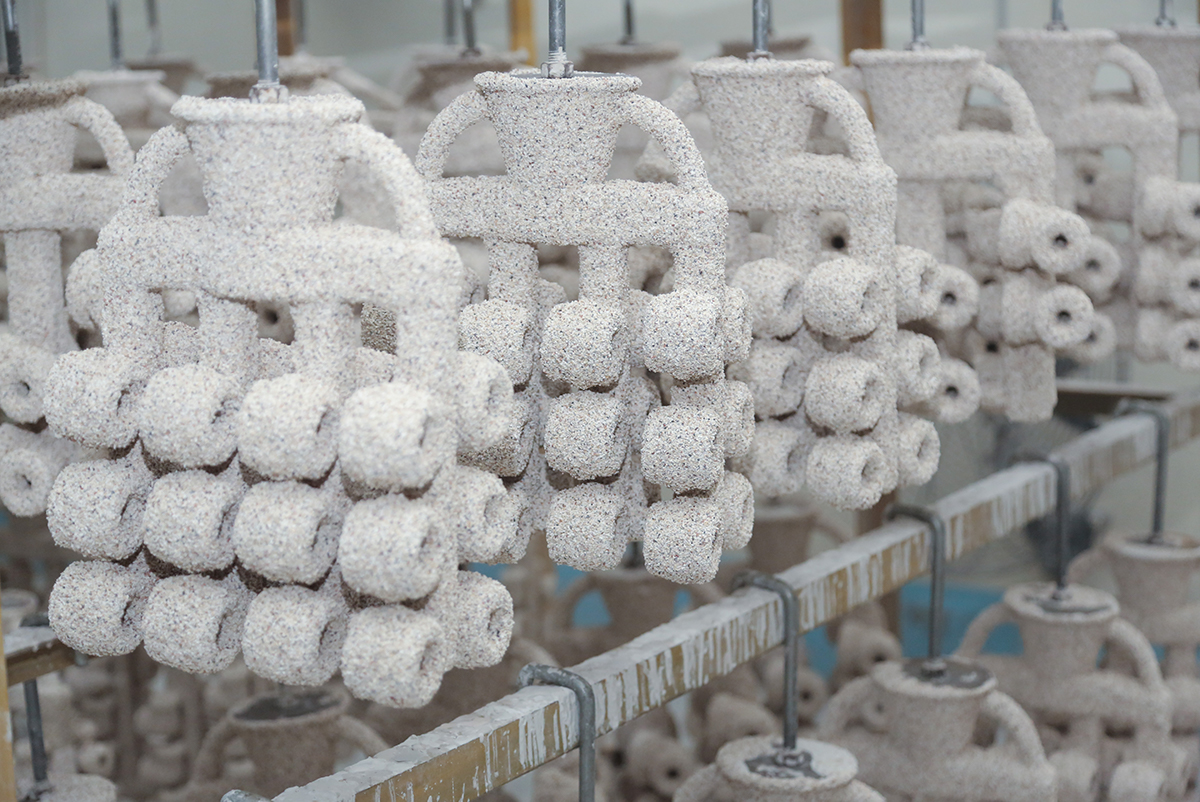
Sourcing the right stainless steel pipe fittings is crucial for the integrity, safety, and cost-efficiency of any project, whether in construction, manufacturing, or oil and gas. However, with multiple purchasing channels available, deciding *where* to buy can be a challenge. Should you go strai...Read more »
-
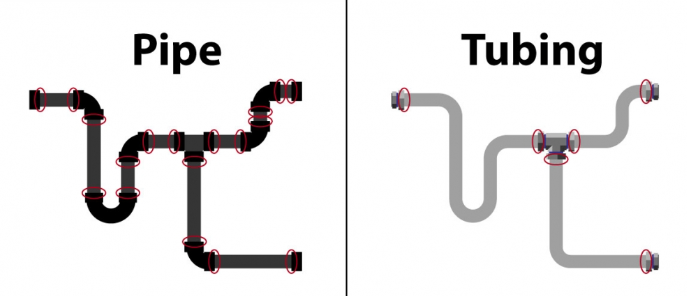
When working with fluid systems, one of the most fundamental decisions you’ll face is whether to use tubing or pipe fittings—especially when dealing with stainless steel fittings. This choice impacts everything from system performance and longevity to installation costs and maintenance req...Read more »
-
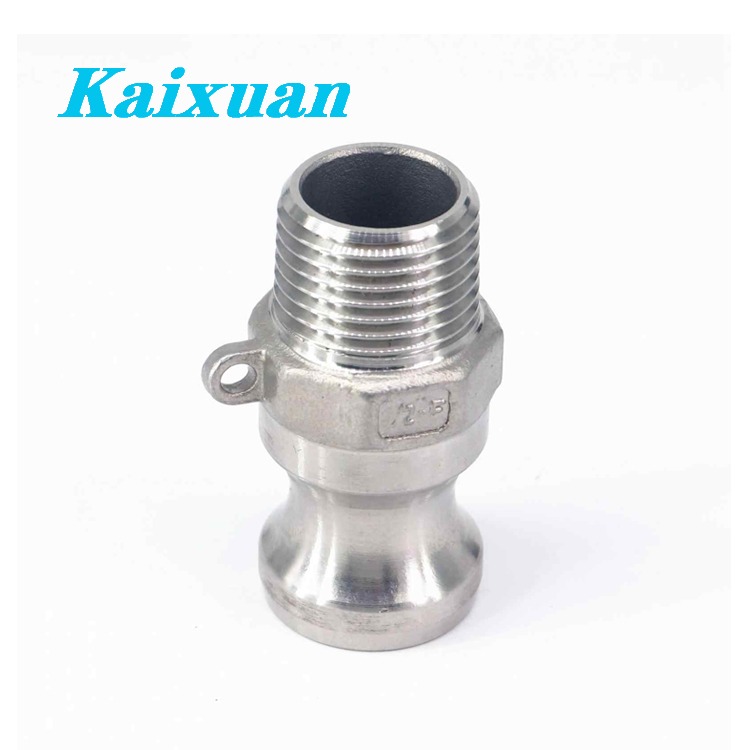
Camlock couplings (also known as cam and groove couplings) are widely used in industries such as oil & gas, chemical processing, water treatment, and firefighting for quick, secure fluid transfer. Selecting the right camlock coupling ensures efficiency, safety, and longevity in your operation...Read more »
-
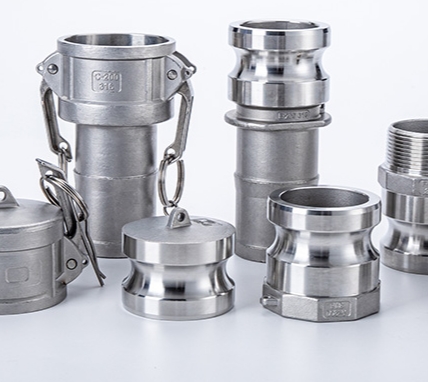
Stainless steel camlock couplings are essential components in industrial fluid transfer systems, offering quick, secure, and leak-proof connections. One of the most critical factors in selecting the right camlock coupling is understanding its working pressure—the maximum pressure the coupling ca...Read more »
-
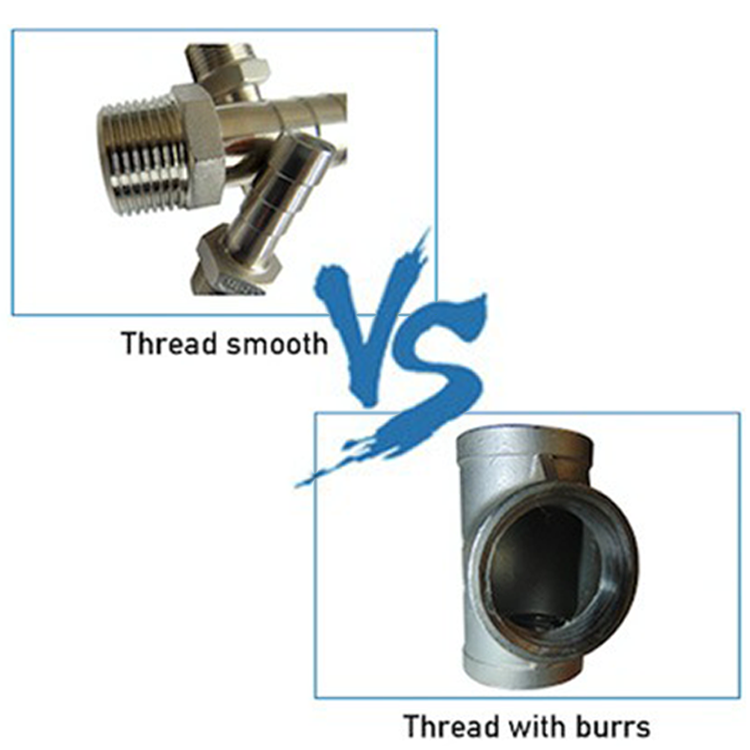
Stainless steel thread fittings are essential components in plumbing, industrial, and hydraulic systems. Choosing high-quality fittings ensures durability, leak-proof performance, and resistance to corrosion. However, with many suppliers offering varying grades, how can you identify top-quality s...Read more »
-
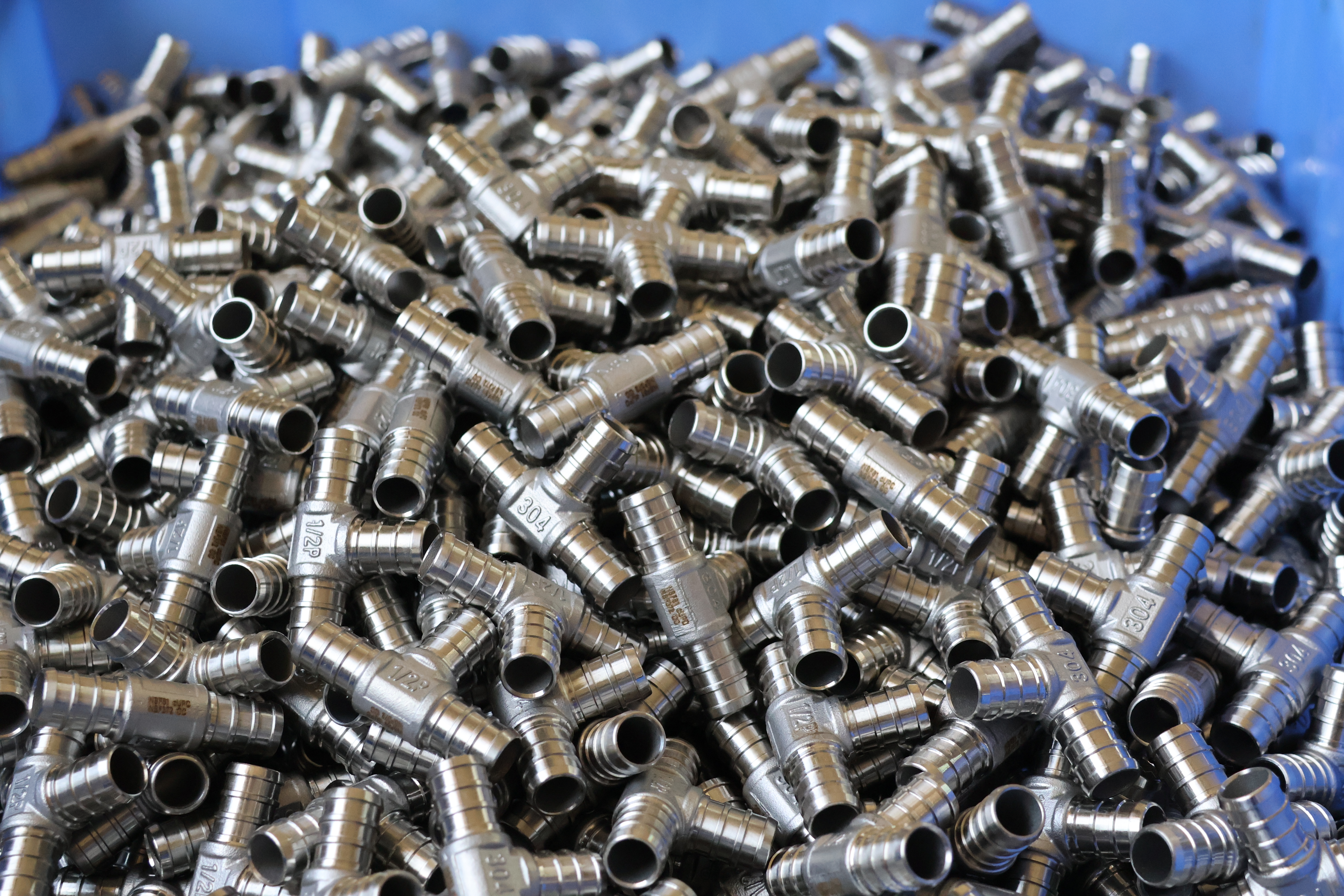
In modern plumbing, safety and durability are top priorities. Lead-free plumbing solutions, such as stainless steel PEX fittings and stainless steel PEX ball valves, provide reliable, long-lasting performance while ensuring clean, contaminant-free water. Traditional plumbing materials often conta...Read more »
-
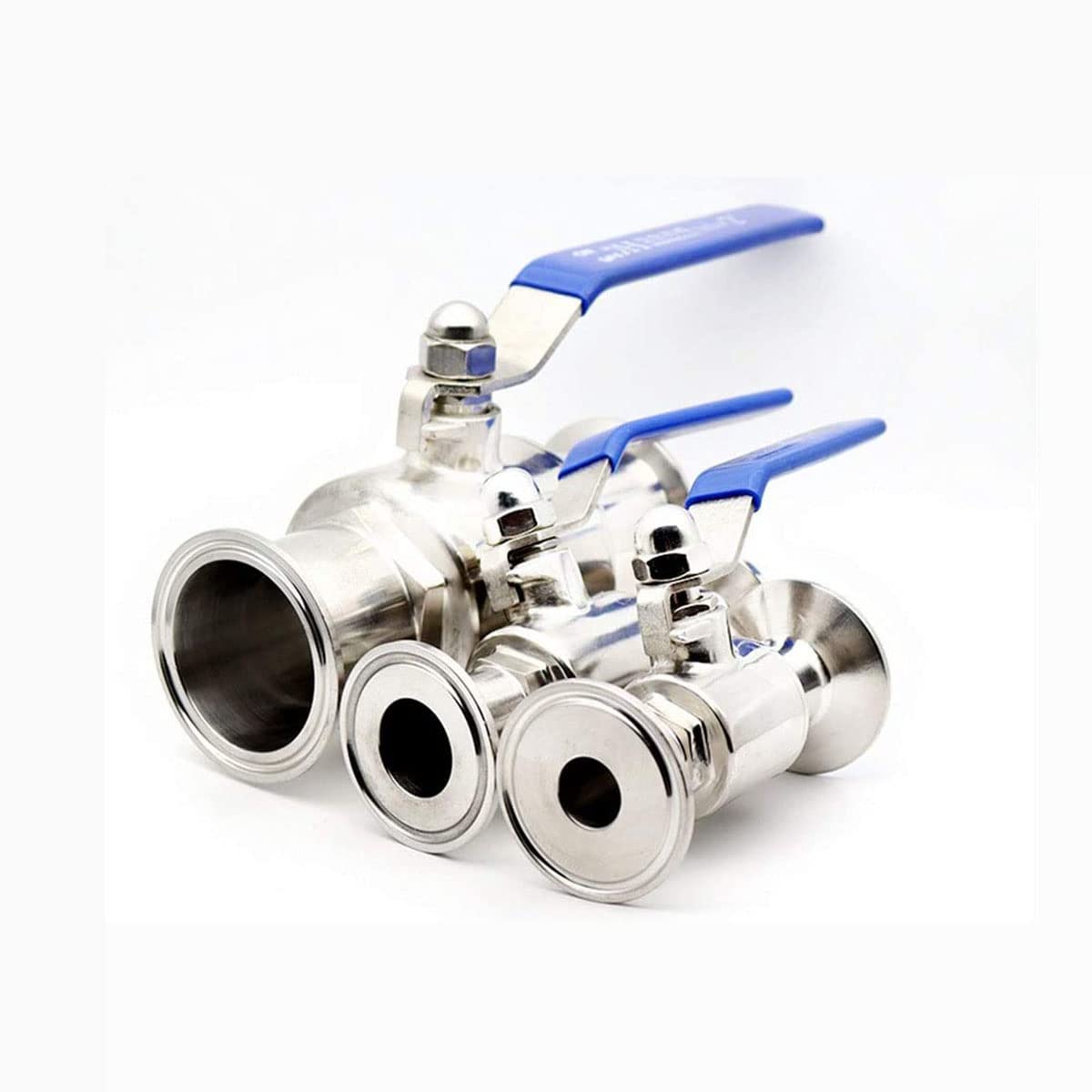
The food and beverage industry demands high hygiene standards, corrosion resistance, and reliable performance from its equipment. Stainless steel ball valves are widely used in this sector due to their sanitary design, durability, and easy maintenance. 1. Special Requirements for Valves in Food &...Read more »
-
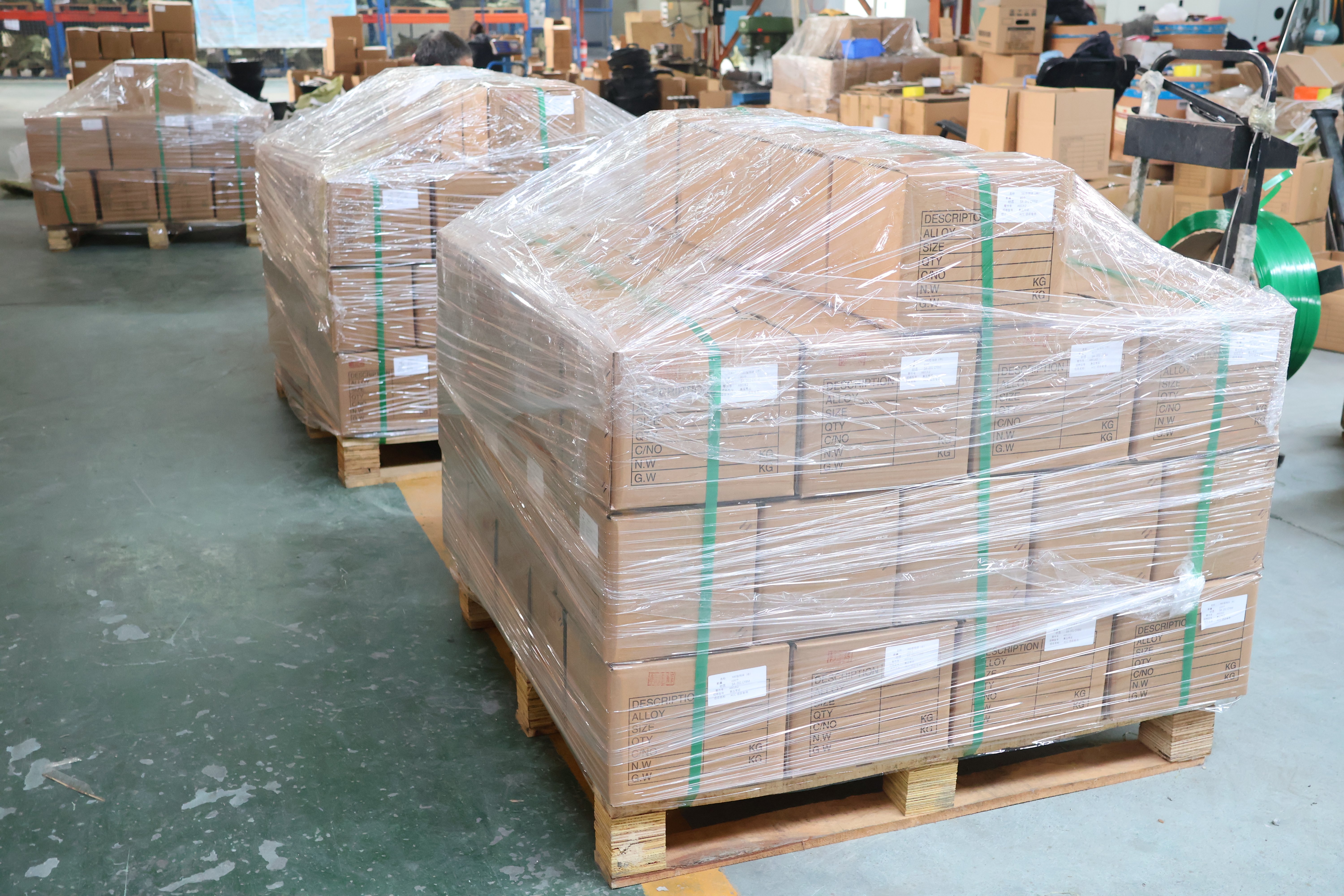
Stainless steel products are widely used in industries such as construction, automotive, medical, and food processing due to their durability, corrosion resistance, and aesthetic appeal. However, even the highest-grade stainless steel can suffer damage if not packaged correctly. Strict packaging ...Read more »
